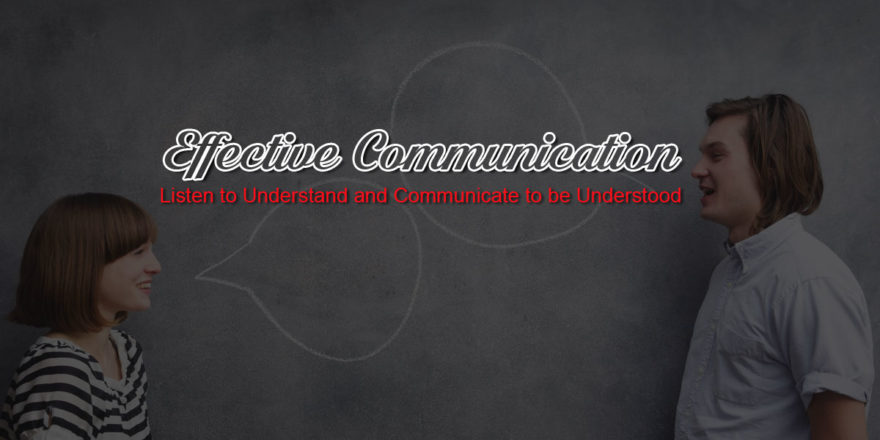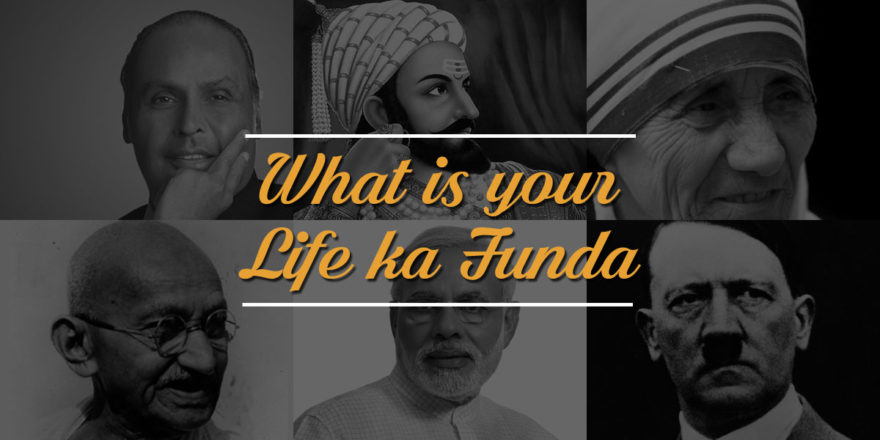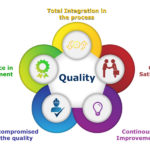We all have some expectations from life, from the people we love, from our work, from almost everything around us. Expectations are only normal; there is nothing wrong in expecting. Expectations are in fact a manifestation of us being humans and not animals.But, I bet there must have been at least one moment in your life when you would have decided that I am not going to expect anything from this person now onwards.
Girls do you remember the time when you were super excited about the first anniversary of your relation and you were secretly expecting your boyfriend/ husband to take you for a ride or a romantic dinner or make some really romantic gesture and when the day finally arrived, he didn’t even wish you… How hurt were you??
Guys, remember when you had a really long day at work and all you wanted to do was go home and take some rest, and you were expecting your wife to welcome you sweetly and serve you a nice meal but just the moment you entered your home, your wife started yelling at you and complaining about your mom.. God, how annoyed were you??
Almost every one of us has faced these or similar situations. What do we do in these situations??Get so hung up on what has happened that we don’t even bother to think about why it happened.
How dare he not wish me on our anniversary?? How could he do this to me?? How insensitive is she?? Doesn’t she see how hard I work for all of them?? Couldn’t she at least offer me some water first? These questions keep on racing through our minds all the time but not once do we think about the reasons of such behavior. May be he was so stressed about his work or something else that the anniversary slipped through his mind. May be she has been holding it for too long and her patience has finally worn out.
Do these possibilities cross our mind?? No!! Why??
Because we are so obsessed with the result that we hardly notice the path leading to it. We are more concerned about what happened than why it happened. This approach and not our expectations, is the root cause of all our disappointments.
Life is not only about where we are now, it is about how we reached there that is why life is called a journey and not a destination. So, Dear Readers, next time when somebody falls short of your expectations, take a moment to introspect, to think about the possibilities that may have led to this situation? Before blaming others of not understanding you, just think how much do you understand them?Before fretting about how little you are getting, think about what you have given.
Instead of taming your grudges, take some time to communicate your expectations compassionately to the other party, be it anyone, you’re parents, your spouse, your friends, your kids, you’re professional / business contacts or your colleagues. Give some time to your loved ones and pay a lot of attention to them. Keep on discovering things about them notice them and most of all keep on communicating your feelings and listen to their feelings. When you take care of every step of the process, the result will take care of itself.
So, thank you somuch for reading this!!!!!! WISHING YOU PEACE AND ABUNDANCE…. Ashay Shah




 Office no:14, 3rd floor, Sterling Center, Opp, Hotel Aurora Towers, MG Road, Camp, Pune, Maharashtra 411001
Office no:14, 3rd floor, Sterling Center, Opp, Hotel Aurora Towers, MG Road, Camp, Pune, Maharashtra 411001



